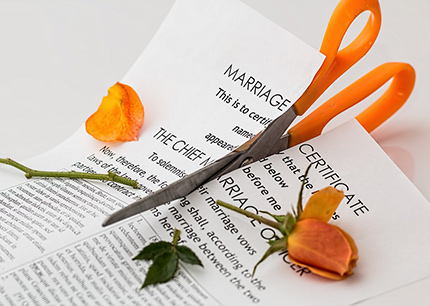Tips for Renting a Spanish Property
We share our tips and advice for people thinking about renting a property in Spain.
Things to think about as a tenant
Even though the agreement is likely to be in Spanish, make sure you understand it. Ask for an English (or your own language if possible) version or have it translated by someone. Do not sign anything you do not fully understand. Bear in mind that normally the Spanish version of the rental agreement is the one which is binding, therefore try to obtain an accurate translation in order to avoid any misunderstanding.
Setting up the agreement
Length of agreement
- A property can be offered for a short period of time (days, weeks or some months) or for long term.
- In the case of long term rental agreements, the tenant can stay in the property for a minimum period of one year. If after the first year the tenant wants to extend the agreement, it can be extended for a maximum of three years. So after the first year, it can be extended for one further year and after the second year for a further year, until the maximum three years has been reached.
Deposit
- The deposit for long term agreement is usually the cost of the rent for one month. However, the landlord can request an additional guarantee such as two or more months of rent.
Additional Terms of the Agreement
- If the property is furnished an inventory should be attached to the agreement.
- Pets should be covered by the Agreement as to whether they are allowed/not allowed to stay in the property.
During the Agreement
Cancellation of the Agreement
- In the case of a long term agreement, during the first six months the tenant cannot cancel the agreement. After the first six month the agreement can be cancelled and compensation has to be paid to the landlord if this has been agreed and is included in the agreement.
- In the case that the tenant wishes to cancel the agreement, notice in writing has to be sent to the landlord one month in advance.
- If the landlord cancels the agreement. In general, the landlord cannot cancel the agreement. The landlord can only cancel in the case of non payment, or if it is foreseen in the agreement that the tenant has to leave the property if the owner requires the property for his permanent residence.
Damage to the property
- The tenant is responsible for the damage to the property during the term of the rental agreement, unless they are due to a lack of maintenance of the property by the owner, in which case the owner would be responsible.
When the agreement ends according to the term in the agreement
Leaving the property.
- The landlord has to check the condition of the property and if there is any damage that can claimed against the tenant.
- The landlord can deduct the cost of the repairs from the deposit held for damage. If the tenant does not agree with the damages or the cost of the repairs, they will have to issue a claim against the landlord or seek to negotiate with the landlord.
Getting the deposit back.
- The landlord will check if all the bills for water, gas, electricity etc. have been paid and if there is any damage to the property. The landlord will also check if the furniture and items of the property are in good condition. If everything is in place, or if the parties agree with the deductions, the landlord will then refund the deposit.
If you require assistance before signing a rental agreement, please contact the My Lawyer in Spain team to discuss your rental agreement.



